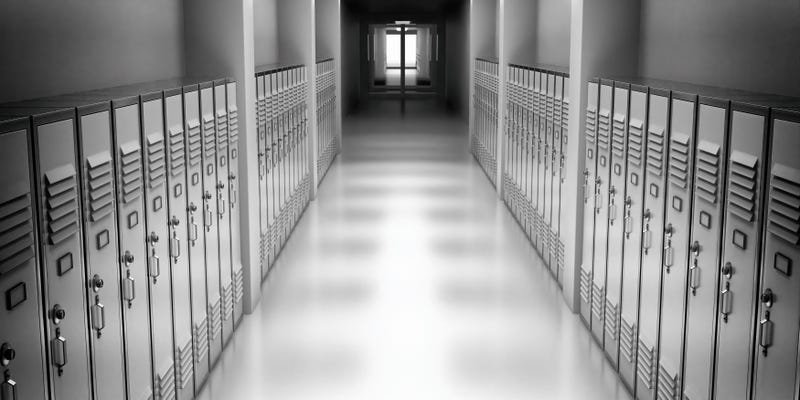
HARTFORD, Conn. (AP) - Gov. Ned Lamont announced a new policy Thursday allowing many unvaccinated students to stay in school, even if they had close contact with someone who has COVID-19.
Under the Screen and Stay policy, students and staff who may have been exposed to the virus under certain circumstances, but show no symptoms of having caught it and were wearing a mask at the time of the potential exposure, will be allowed to remain in the classroom without a test for the virus. The state already allows vaccinated students who were in close contact with someone with COVID-19 to stay in school.

Lamont said students who show symptoms will still have to quarantine for 10 days under the new policy.
``Otherwise, this allows you to stay in the classroom, and what a difference that makes,'' Lamont said.
Dr. Manisha Juthani, the state's public health commissioner, said similar programs have been effective in other states, and are much less expensive than requiring students to take a COVID-19 test before being allowed back in class.
Republican state lawmakers welcomed the new program but questioned why it wasn't implemented sooner. They said they've been pushing state officials for weeks to find ways to reduce the amount of missed school days for students, citing quarantine policies in neighboring states like Massachusetts as examples.
``Our students are going to compete nationally for colleges, in the workforce,'' said Rep. Greg Howard, R-Stonington, during a news conference at the state Capitol. ``We have be careful not to create a competitive disadvantage to them with the achievement gap that we're creating in this state.''
House Minority Leader Vincent Candelora, R-North Branford, called the Screen and Stay program ``an incremental step.''
Candelora urged the state Department of Education to put together ``a rapid response team'' that includes legislators, teachers, and parents. They would be tasked with figuring out how to address the problem of lost learning, lack of tutors to get students back up to speed, the need for mental health support, and the impact of mask-wearing for young children trying to learn language skills.
The governor has said individual school districts will have the final say on whether to implement the policy. Candelora, however, said he believes it should be mandatory statewide.
``A student learns the same way in New Haven as they do in North Branford, and so why the governor would leave it up to each district to make the determination is troubling to me,'' Candelora said.
Lamont said with the onset of vaccinations for younger children and if the state maintains a low COVID-19 transmission rate through the holidays, he's hopeful he'll be able to make other policy changes, such as eliminating mask requirements in schools.
The governor's emergency executive powers are tentatively set to expire in February, but he said that will have no bearing on his decisions.
``I'm going to look at the community spread, see if we got through Thanksgiving well, see whether older brothers and sisters are vaccinated, and we'll make a decision December-January,'' Lamont said.
